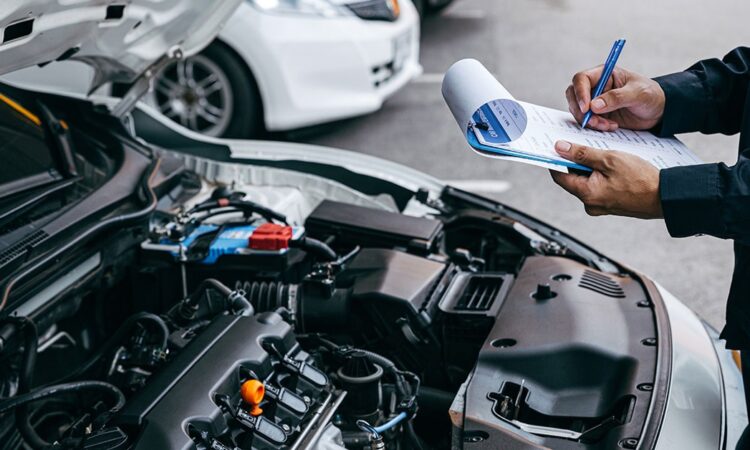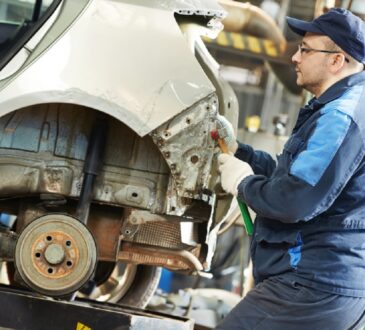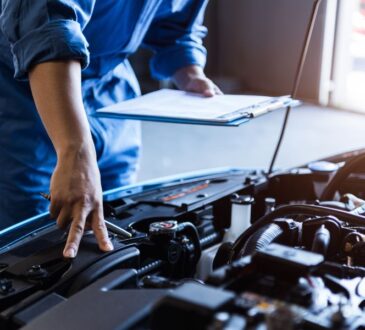
Upkeep of your car’s braking system is essential for road safety. Being aware of the warning indications that your brakes need maintenance might help you avoid future collisions and expensive repairs. Here, we go over the typical signs that indicate a brake check is necessary as well as how to act quickly when they occur.
Sounds that Squeak or Squealing
The sound your brakes produce when you use them is one of the easiest ways to identify brake issues. A squeaking or squealing sound is usually an indication that the brake pads need to be replaced since they are worn out. A wear indicator that emits a high-pitched noise when the brake pads are no longer as effective is a feature of many brake pads. Ignoring this sound might result in brake rotor damage as well as decreased stopping power.
Grinding Sounds
It is imperative that you take fast action if the squeaking has become a grinding noise. When the brake pads are totally worn down, metal-to-metal contact between the caliper and the rotor occurs, as indicated by this abrasive sound. This may not only seriously reduce your stopping power, but it can also cause more severe brake component damage that can be costly to fix. When applying the brakes, if you hear grinding, get help from a repair immediately.
Shaking or Throbbing
When braking, the brake pedal may vibrate or pulse, which is another typical sign of brake problems. This might indicate unevenly worn brake pads or warped brake rotors. Unpredictable braking reactions may be caused by warped rotors, which are often the consequence of high heat from hard braking. It is best to get your brakes tested if you have this symptom so that the issue may be identified and fixed before it becomes worse. Do consult the Auto Services in Houston, TX service for the best results.
Withdrawing to One Side
When you use the brakes and your car pulls to one side, you have brake problems. This behavior often points to problems with the braking caliper or uneven wear on the brake pads. This might mean that one side of the car is using the brakes more forcefully than the other, which would make it harder for you to properly manage the car. If you encounter this symptom, have your brakes checked out; if not, it may result in more damage and jeopardize safety.
Regular Low Brake Fluid
A crucial component of brake maintenance is keeping an eye on the amount of your brake fluid. Refilling your brake fluid on a regular basis might be a sign of a brake fluid leak or failing seals in the braking system. Brake failure might result from low brake fluid, therefore it’s important to get your system evaluated to find the source of the problem. Maintaining the proper operation of your braking system may be achieved by routinely checking the amount of brake fluid.




